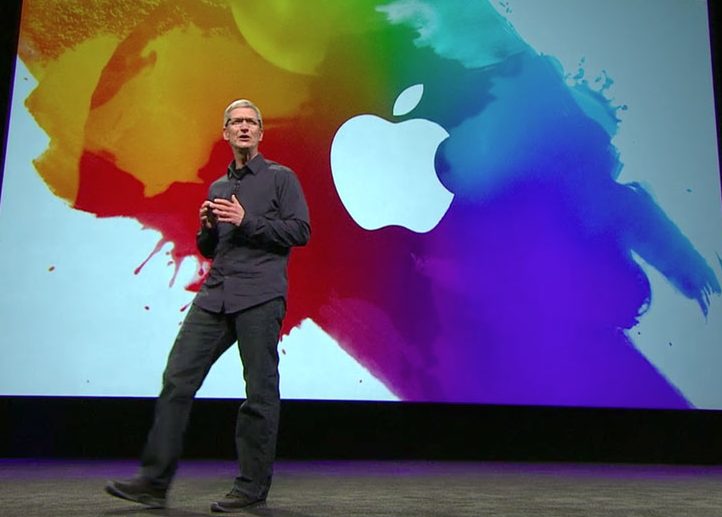
In an unusual step, Apple has slashed its quarterly sales forecast, with chief executive Tim Cook attributing it to decelerating iPhone sales in China, whose economy has been dragged down by uncertainty around US-China trade relations, according to a report in Reuters.
Reuters said that this news, which comes as an increasing attention grows on Beijing’s attempts to revive stalling growth, sent Apple shares “tumbling in after-hours trade, hammered Asian suppliers and triggered a broader selloff in global markets.”
The revenue drop for the just-ended quarter underscores how an economic slowdown in China has been sharper than many expected, catching companies and leaders in Beijing off balance and forcing some to readjust their plans in the market, reported Reuters.
“While we anticipated some challenges in key emerging markets, we did not foresee the magnitude of the economic deceleration, particularly in Greater China,” Apple CEO Tim Cook said in a letter to investors.
Apple finds itself in a tricky position in China, a key market for sales and where it manufactures the bulk of the iconic products it sells worldwide, after the high-profile arrest in Canada of the CFO of domestic rival Huawei Technologies Co Ltd.
Since the arrest last month, at the request of the United States, there have been sporadic reports of Chinese consumers shying away from Apple products. Even before then, local rivals like Huawei had been gaining market share over Apple.
Cook told CNBC that Apple products have not been targeted by the Chinese government, though some consumers may have elected not to buy an iPhone or other Apple devices due to the firm being an American brand.
“The much larger issue is the slowing of the (Chinese) economy, and then the trade tension that has further pressured it,” Cook said.
Some analysts, however, questioned the impact of Apple’s own actions, such as its unyielding pursuit of high selling prices for its products.
“Apple sales in China have not been doing well for a few quarters now, part of the reason is that their price points have gone too high – past the $1,000 mark,” said Kiranjeet Kaur, an analyst at market research firm IDC.
“(That’s) almost three times as expensive as phones from other vendors that are filling the mass market.”
China’s smartphone market has dropped sharply this year, with Apple and South Korean rival Samsung Electronics Co Ltd leading the fall, even as some domestic peers have performed more strongly.
Samsung said last month it would cease operations at one of its mobile phone manufacturing plants in China, after seeing its share of the Chinese market drop to 1 percent in the first quarter of 2018 versus 15 percent in mid-2013, according to Reuters.
Apple on Wednesday lowered its forecast to $84 billion in revenue for its fiscal first quarter ended Dec. 29, below analysts’ estimate of $91.5 billion, according to IBES data from Refinitiv. Apple originally forecast revenue of between $89 billion and $93 billion.
This marked the first time Apple had issued a warning on its revenue guidance ahead of releasing quarterly results since the iPhone was launched in 2007.
Apple shares skidded 7.7 percent in after-hours trade, dragging the company’s market value below $700 billion.





